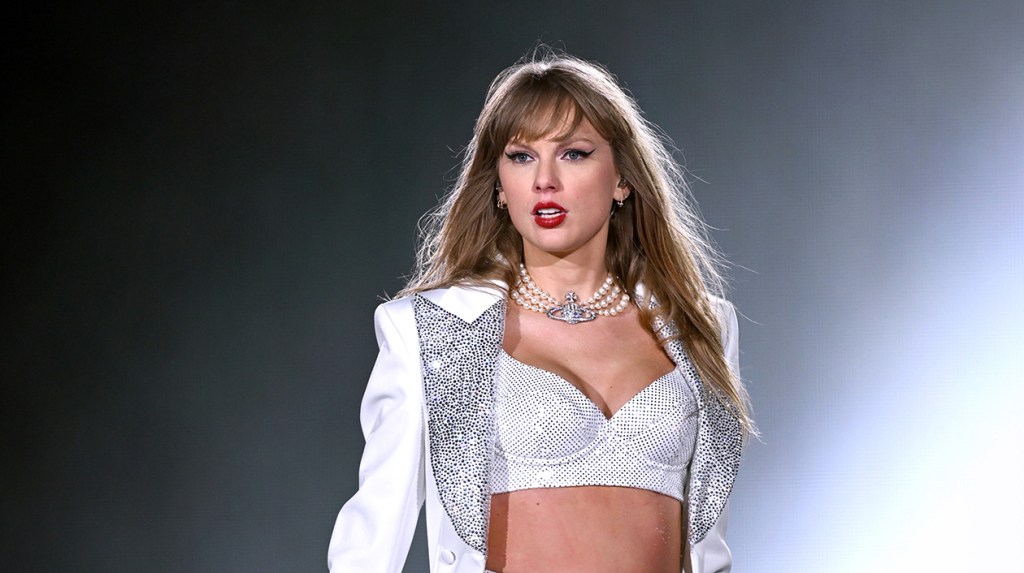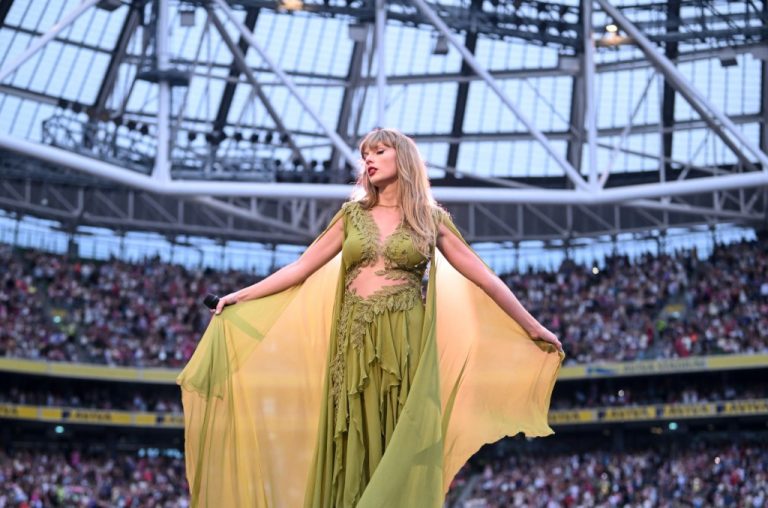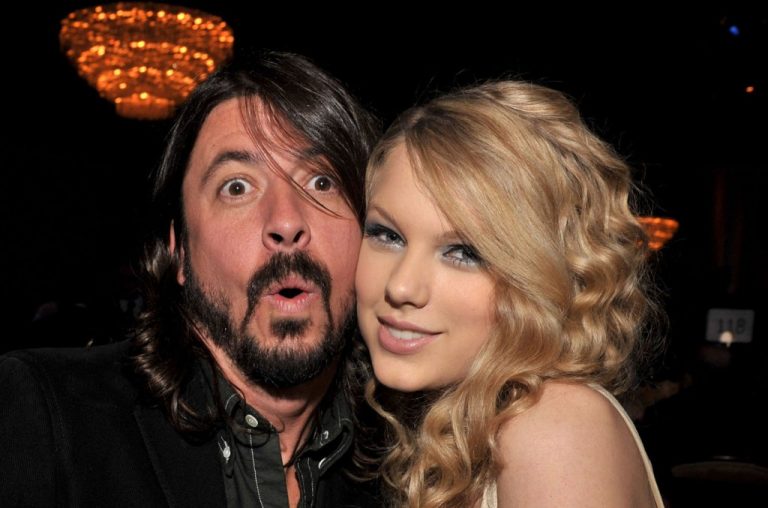Taylor Swift mentions artificial intelligence and deepfake technology in her endorsement of Kamala Harris.
Taylor Swift, the renowned singer-songwriter, made headlines recently when she endorsed Kamala Harris for president, citing her concerns about artificial intelligence. The catalyst for Swift’s decision was a disturbing incident where AI-generated images falsely claimed her support for Donald Trump, prompting her to take a stand and voice her opinions in the political arena.
In her Instagram post, Swift praised Harris as a “steady-handed, gifted leader” who aligns with her beliefs and values. However, before delving into her reasons for endorsing Harris, Swift addressed the deepfake controversy that shook her confidence in the power of AI and highlighted the dangers of spreading misinformation.
“It really conjured up my fears around AI, and the dangers of spreading misinformation,” Swift expressed. “It brought me to the conclusion that I need to be very transparent about my actual plans for this election as a voter. The simplest way to combat misinformation is with the truth.”
Swift’s concerns are not unwarranted, as she has been a victim of AI deepfakes in the past. In early 2024, fake and explicit images of Swift circulated online, garnering millions of views before being taken down. The recent incident involving Trump further underscored the malicious use of AI technology, with fabricated images suggesting Swift’s support for the president.
Trump’s false endorsement of Swift prompted discussions about the implications of deepfakes and the urgent need for transparency and accountability in the digital age. Experts emphasized the importance of distinguishing fact from fiction, especially in the realm of politics, where misinformation can have far-reaching consequences.
While Swift’s endorsement of Harris may spark debate and speculation, it brings attention to the broader issue of AI regulation and the potential threats posed by deepfake technology. As the next president will have the opportunity to shape policies on AI and digital manipulation, the need for comprehensive regulations becomes evident.
Various bills aimed at addressing AI ethics and deepfake creation are currently under review in Congress, with proposals for a federal right of publicity to protect individuals like Swift from unauthorized use of their likeness. The intersection of technology and politics underscores the importance of responsible AI development and the safeguarding of individuals’ rights in the digital landscape.








